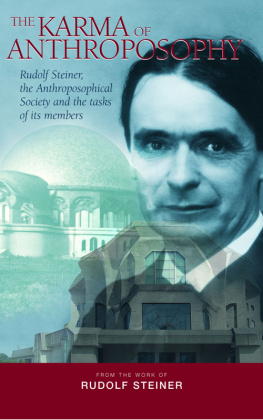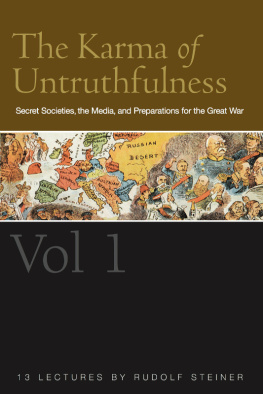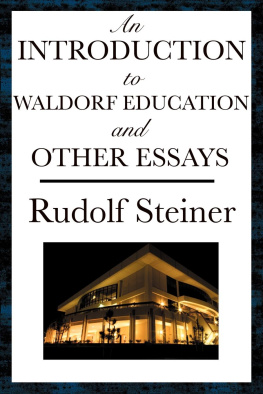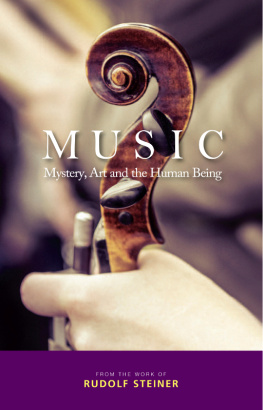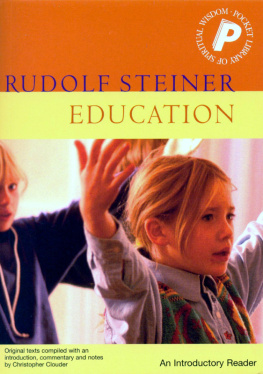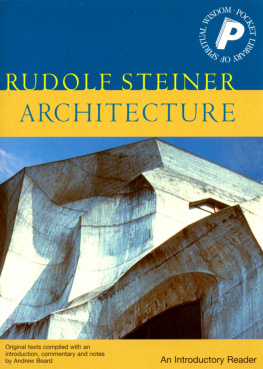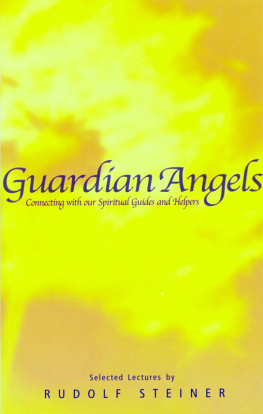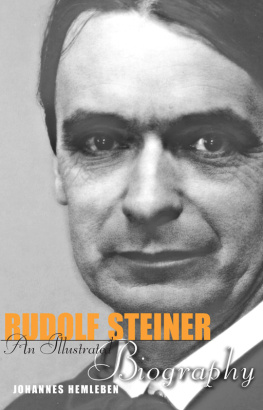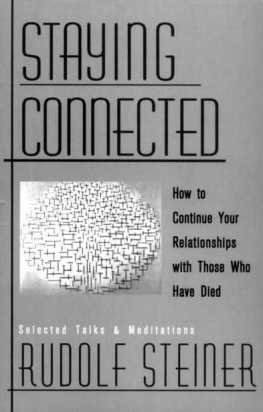The social life of the present day presents grave and far-reaching problems. We are confronted by demands for social reconstruction, which shew that the solution of these problems must be sought along paths unthought-of hitherto. Borne out by the actual events of the hour, the time has perhaps come for someone to gain a hearing, who is forced by lifes experience to maintain, that the neglect to turn our thoughts into the paths that are now needed has stranded us in confusion and perplexity. It is under that conviction that this book is written. Its purpose is to discuss what needs doing, in order that those demands, which are being urged by a large part of mankind to-day, may be turned in the direction of a determinate social will and purpose.
Personal likes and dislikes should enter but little into the formation of a social purpose. The demands, welcome or unwelcome, are there; and they must be reckoned with as facts of social life. This should be borne in mind by those who, from their personal situation in life, may be inclined to be annoyed at the authors way of discussing the demands of the working-class, because in their opinion he lays too one-sided a stress on these demands, as on something that must be reckoned with when determining on a social purpose. But what the author wants, is to present life as it exists to-day in all its full reality, in so far as he is able from his knowledge of it. He has ever before his eyes the fatal consequences that must ensue, if people refuse to see facts, which are actually there, which have arisen out of the life of modern mankind,and if they accordingly persist in ignoring a social will and purpose in which these facts find their place.
Those people again will not be pleased with the authors remarks, who regard themselves as experts in practical life,or in what, under the influence of fond habit, has come to be regarded as practical life. They will be of opinion, that whoever wrote this book was not a practical person. These are just the people, who, in the authors opinion, have everything to unlearn and re-learn. Their practice of life seems to him the very thing, which is demonstrated by the actual facts from which mankind are suffering to be an utter mistake,that very mistake that has led to boundless and immeasurable fatalities. These people will be obliged to recognise the practicability of much that has seemed to them absurd idealism. And although they may condemn this book at the outset, because its opening pages say less about the economic than about the spiritual life of modern mankind, yet the authors own acquaintance with life forces him to the conviction, that, unless people can bring themselves to pay due and accurate attention to the spiritual life of modern mankind, they will only go on adding fresh mistakes to the old ones.
Neither will what is said in these pages altogether please those, who are for ever repeating with endless variations the phrases: that man must rise above absorption in purely material interests,that he must turn to ideals, to the things of the spirit. For the author does not attach much importance to mere references to the spirit or to talk about a vague spiritual world. The only spirituality he can acknowledge, is that which forms the substance of mans own life and manifests its power no less in mastering the practical problems of life than in constructing a philosophy of life and of the universe, which can satisfy the needs of mans soul. The important point, is not the knowledge,or supposed knowledge,of a spiritual life, but that such a spiritual life shews itself in a practical grip of realities, and is not a special preserve for the inner life of the soul, a backwater alongside the full tide of realities.
And so, what is said in these pages will seem to the spiritually-minded too unspiritual, to practical persons too remote from practice. But the authors view is, that he may have his own special use at the present time, for the very reason, that he neither tends towards that aloofness from life, which is to be found in many a man who thinks himself practical, nor yet can hold in any way with the kind of talk about the spirit, which conjures up a mirage out of words.
It is as a question of economics, of human rights and of the spirit, that the social question is discussed in this book. The author thinks that he perceives, how the true form of the social question emerges as an outcome of the requirements of the economic life, the life of rights and the spiritual life. Through such a perception alone can the impulses come, which shall make it possible to give these three branches of social life a shape that permits of healthy life within the social order. In the earlier ages of mankinds evolution, the social instincts secured these three branches being woven together in the whole life of society in a manner adapted to human nature at that period. At the present stage of his evolution, man is faced with the necessity of working out this combination of function by conscious, determinate social will and purpose. Between those earlier ages and the present, in the countries where the question of a social purpose is most immediate, we find the old instincts and the new consciousness overlapping and playing through one another in a fashion quite inadequate to the needs of modern mankind. In a great deal of social thinking, which people believe to be clear-sighted and conscious, the old instincts are still at work and enfeeble mens thought for dealing with urgent facts. It requires a much more radical effort than is usually supposed, for the man of the present day to work his way out of the husks of what is dead and done with.
One must first be willing to recognise this fully, before, in the authors opinion, it is possible to see the forms that industrial economy, human rights, and spiritual life must take, in order to be in keeping with a healthy social life such as the new age demands. What the author feels called on to say as to the lines that these new forms must inevitably follow, is submitted to the judgment of the day in the following pages. The authors desire, is to give the first impetus along a path, that shall lead to social ends in keeping with the actual realities and exigencies of life at the present time; for he believes, that it is only through effort thus directed that our social will and purpose can get beyond mere utopianism and wordy sentiment.
And if anyone still thinks that this book has somewhat of a utopian character, the author would ask him to consider the pictures which people draw in their own minds of the kind of society that they look to see arise,how very wide of life such pictures are, and how apt to degenerate into mere moonshine. That is the very reason, why, when these people do meet with something that is drawn from actual reality and experience,as attempted here,they regard it as a utopia. To many persons, nothing is concrete outside their own customary line of thought; and so the concrete itself is to them an abstraction, when they are unaccustomed to think it.Hence they will think this book abstract.



